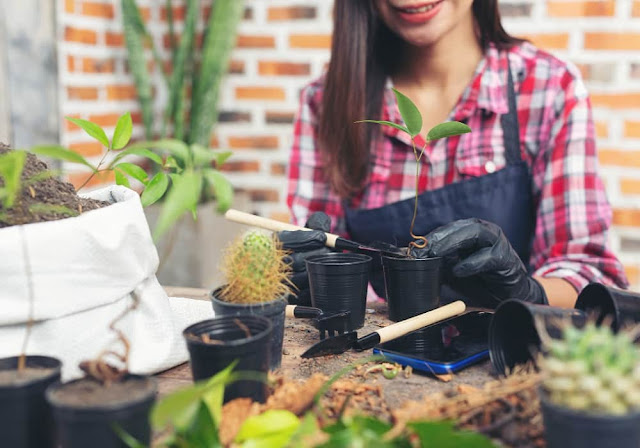Gardening is a gratifying and soothing endeavor that fosters a connection with nature while enhancing your environment. Whether you possess a backyard, a balcony, or a compact indoor area, you can establish a flourishing garden with the right strategy. If you are a novice gardener, these fundamental tips will aid you in getting started and ensure your plants thrive.
1. Select the Appropriate Location
One of the most crucial gardening tips for novices is to identify the optimal site for your garden. Most plants require a minimum of 6 hours of sunlight each day, so it is essential to select a location that offers sufficient sunlight. If your space is limited, contemplate vertical gardening or container gardening to optimize your growing area.
2. Begin with Easy-to-Cultivate Plants
For those new to gardening, it is advisable to start with low-maintenance plants that are easy to cultivate. Some excellent options include:
Marigolds
Sunflowers
Basil
Mint
Tomatoes
Lettuce
These plants demand minimal care and are ideal for building confidence in your gardening abilities.
3. Prepare the Soil
Healthy soil is fundamental to a successful garden. Before planting, assess your soil’s pH level and nutrient composition. Enrich your soil with organic compost or manure to provide vital nutrients for plant growth. If your soil is inadequate, consider utilizing raised garden beds or high-quality potting mix for container gardening.
4. Water Judiciously
Effective watering is vital for plant vitality. Here are some essential watering tips:
Water your plants in the early morning or late evening to minimize evaporation.
Prevent overwatering, as it can lead to root rot and fungal diseases.
Utilize a drip irrigation system or a watering can with a fine nozzle for uniform distribution.
Check soil moisture by inserting your finger about an inch deep. If it feels dry, it is time to water.
5. Ensure Proper Drainage
Effective drainage is critical to avoid waterlogging and root rot. Confirm that your garden beds or containers have adequate drainage holes. Incorporating a layer of gravel or sand at the bottom of containers can enhance drainage.
6. Employ Mulch to Retain Moisture
Mulching is an effective gardening practice to conserve soil moisture, suppress weeds, and regulate soil temperature. Apply organic mulch such as straw, grass clippings, or wood chips to safeguard your plants and enrich soil health.
7. Regularly Nourish Your Plants
Just like humans, plants require proper nutrition to flourish. Utilize organic fertilizers such as compost, manure, or liquid fertilizers to deliver essential nutrients. Adhere to the recommended feeding schedule for each plant variety.
8. Prevent Pests and Diseases
Pests and diseases can jeopardize your garden if left unchecked. Here are some natural methods to deter them:
Introduce beneficial insects like ladybugs to manage aphid populations.
Apply neem oil or insecticidal soap to keep pests at bay.
Rotate crops to avert soil-borne diseases.
Regularly remove weeds and dead leaves to minimize pest habitats.
9. Prune and Trim Regularly
Pruning promotes healthy growth and prevents plants from becoming overgrown. Remove dead or diseased branches to stimulate new growth and improve airflow around your plants.
10. Exercise Patience and Continuous Learning
Gardening necessitates patience and ongoing education. Maintain a gardening journal to monitor your plants' growth, watering schedule, and any challenges you encounter. Experiment with different plant varieties, techniques, and layouts to enhance your gardening proficiency over time.
Final Thoughts
Embarking on a gardening journey can be an enjoyable and fulfilling experience, even for newcomers. By following these gardening tips, you can cultivate a beautiful and thriving garden that enriches your home and brings joy to your life. Remember, gardening is a continuous journey—savor each step, learn from your experiences, and celebrate your achievements.





.jpg)

